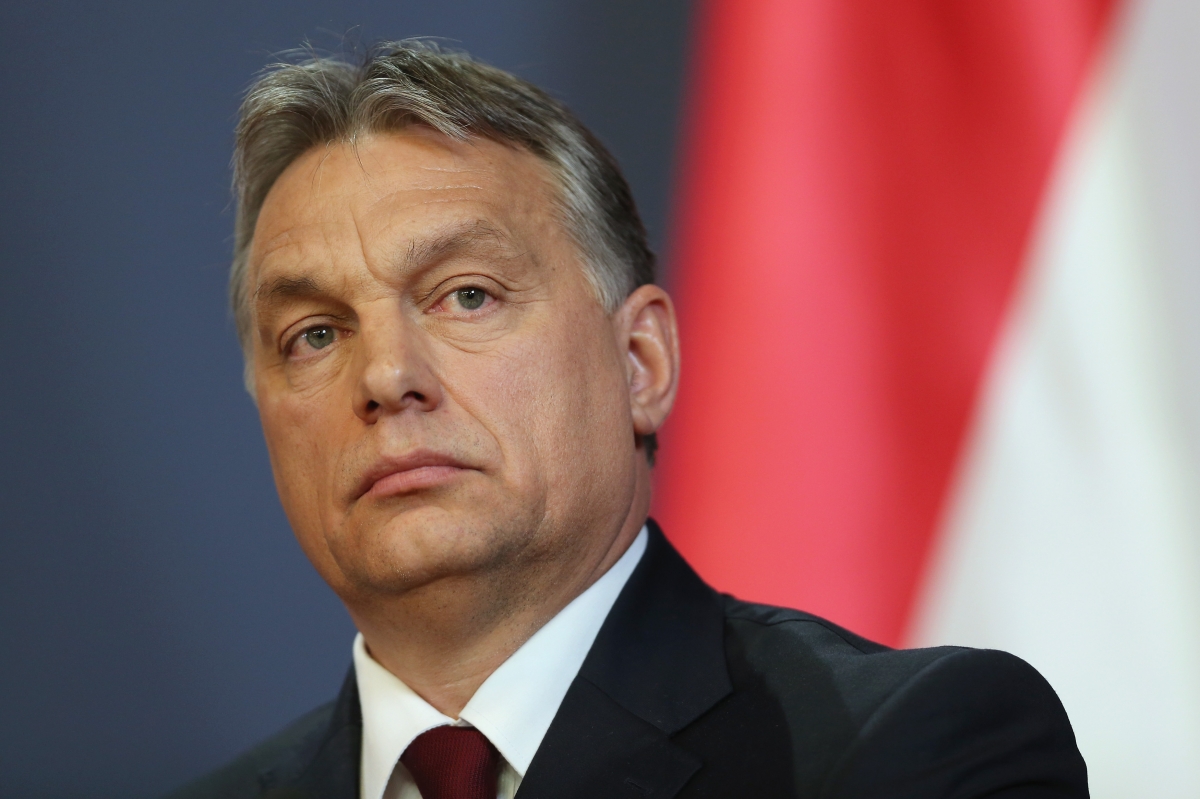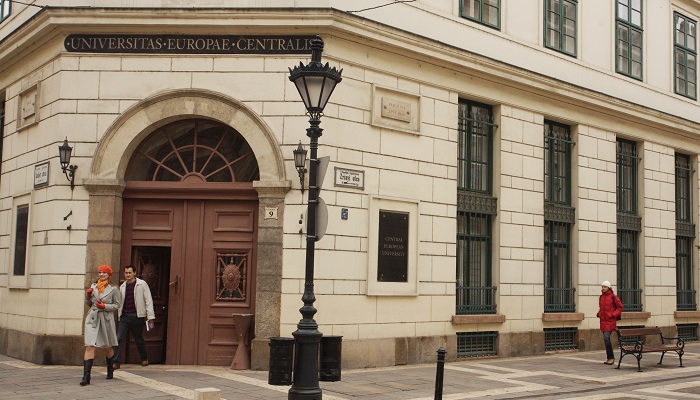In 1991, following the collapse of communism in Eastern Europe, the Central European University (CEU) was founded by George Soros with the express aim of promoting open societies in former communist countries and of aiding their transition from totalitarianism to democracy. Located in Budapest, it is now under attack from the Hungarian government led by Viktor Orbán, whose proposed education reforms will, says the CEU, severely restrict its activities.
Is there anything that philanthropy can do? There’s an irony here. Central European University’s very existence is the product of philanthropy and, arguably, George Soros’s ongoing philanthropy is part of what incited the current stand-off between CEU and the Hungarian government.
There are many who claim that Orbán’s recent offensive against the CEU is an attempt to catch the attention of Donald Trump, who counts Soros as a major foe in part because of his funding of Hilary Clinton’s 2016 election campaign. If Orbán manages to deal Soros a blow, so this argument goes, Trump will have more time for him.
True or not, the rhetoric around the anti-CEU law has been focused on Soros, and Soros as a metonym for conspiracy theories about a world-wide cabal of wealthy financiers exercising covert control over global politics that verge on antisemitic.
Returning to whether philanthropy can do anything for CEU at this stage, I think that the short answer is no, or at least not much.
Of course, philanthropy professionals can help by adding their voices to those speaking out against the actions of the Hungarian government, by raising awareness of the situation and encouraging the governments of the countries in which they are based to pressure Orbán to back down.
But as the case has become a legal one, with the EU launching a legal action against the Hungarian government on the grounds that its behaviour breaches the CEU’s right to exist and serve its students, it’s hard to see how philanthropy can hope to directly influence the outcome at the moment.
Where philanthropy can make a positive contribution is through the ongoing support of independent, academically rigorous higher education institutions, particularly in countries like Hungary which have seemed to take their influence more from the East than the West in recent years.
The Rothschild Foundation Hanadiv Europe, for instance, funds institutions such as The Ukrainian Catholic University, an independent university in Lviv and – until it was made impossible to do so under Russian law – the European University of St Petersburg, among others.
I consider these places beacons of anti-corruption and the programmes we fund counter individual prejudice through education and information.
I can’t think of anything more important than fostering a respect for civil society among young minds in countries that are sliding toward autocracy. That said, if CEU is forced to relocate, say to Vienna, it will need funding to do so. That will be the point at which philanthropy can really contribute productively.
What’s happening to CEU is sad as it marks the end of 25 years of peaceful, symbiotic and productive coexistence between university and government.
However, there are now even bigger issues to confront when it comes to Hungarian civil society. The Hungarian government has also tabled an anti-NGO bill, which will affect all non-religious NGOs operating in Hungary.
The bill, based on the Russian ‘foreign agents’ law, demands that NGOs in receipt of foreign funding register themselves with the court and identify themselves publicly as ‘foreign-funded’.
As has happened in Russia, it’s likely that a ‘foreign-funded’ designation will lead to further discrimination and eventual closure by the government.
The difference between Russia and Hungary is that Hungary is an EU member state and is meant to adhere to the EU’s values as well as its laws. Here, philanthropy must speak out in favour of the charities on the ground that it supports.
This is a clear – and very alarming – case of closing the space for civil society. The risk is that Hungary and in particular those Hungarians who are striving to keep it an open society, will be cut off from Western influence and increasingly isolated.
Robin Nobel is senior grants officer at the Rothschild Foundation Hanadiv Europe.









Comments (1)
As Hungary slides towards autocracy, philanthropy can do a lot! Philanthropy can make the difference and support the process of social change in Hungary. George Soros is the best example to follow. He is investing in the Hungarian society democratic development for the last thirty years, based on the same values and motivations. There are not too many in the international world of philanthropy who partner with him. "Apolitical" philanthropic organizations are just missing the point and the opportunity to support reaching a real change and impact in Hungary. CEU is just a drop in the crisis of Hungary today, a significant drop in the attempt to build a illiberal society by an antidemocratic, populist and radical political power system. Philanthropy that thinks and behave differently, philanthropy that is ready to invest and take risks, philanthropy that is ready to empower and think strategically, philanthropy that relates to the different stakeholders engaged in the process of change as partners, it is the philanthropy that can do a lot in Hungary today.